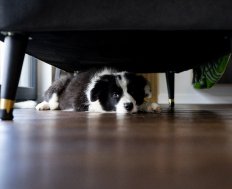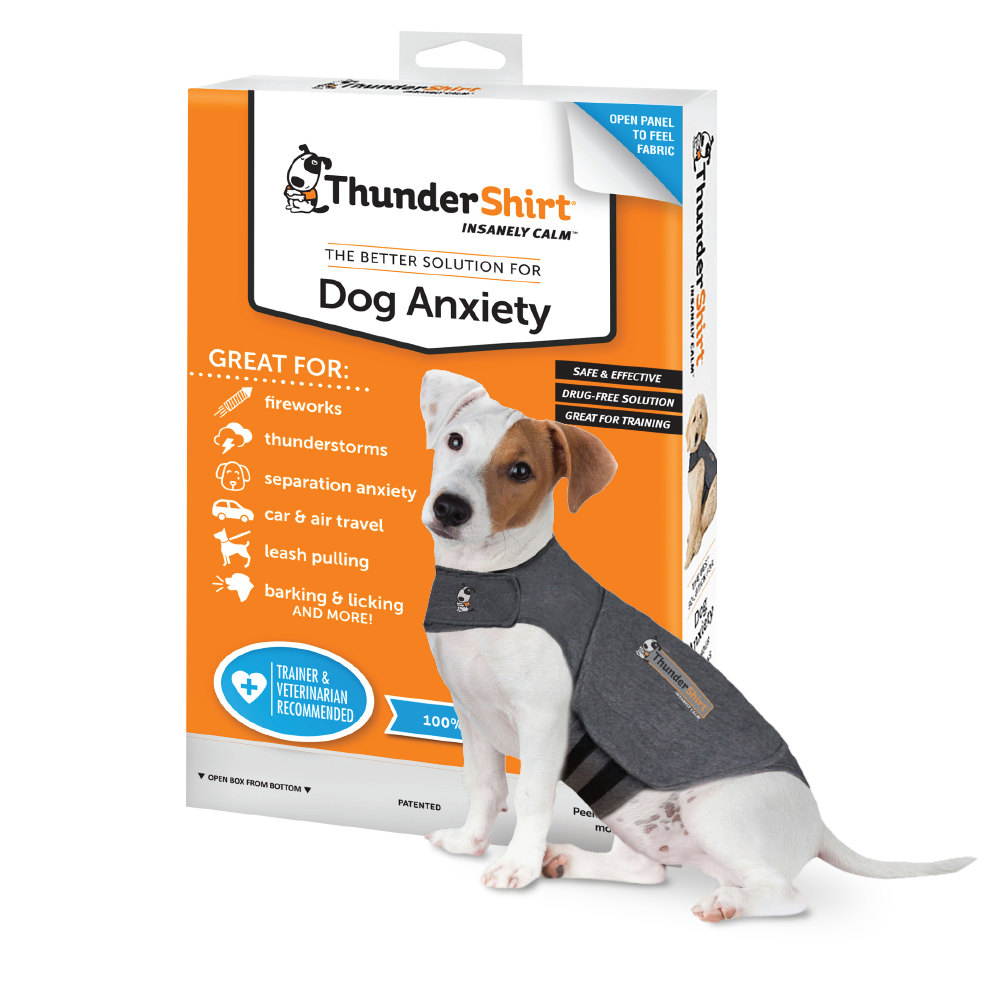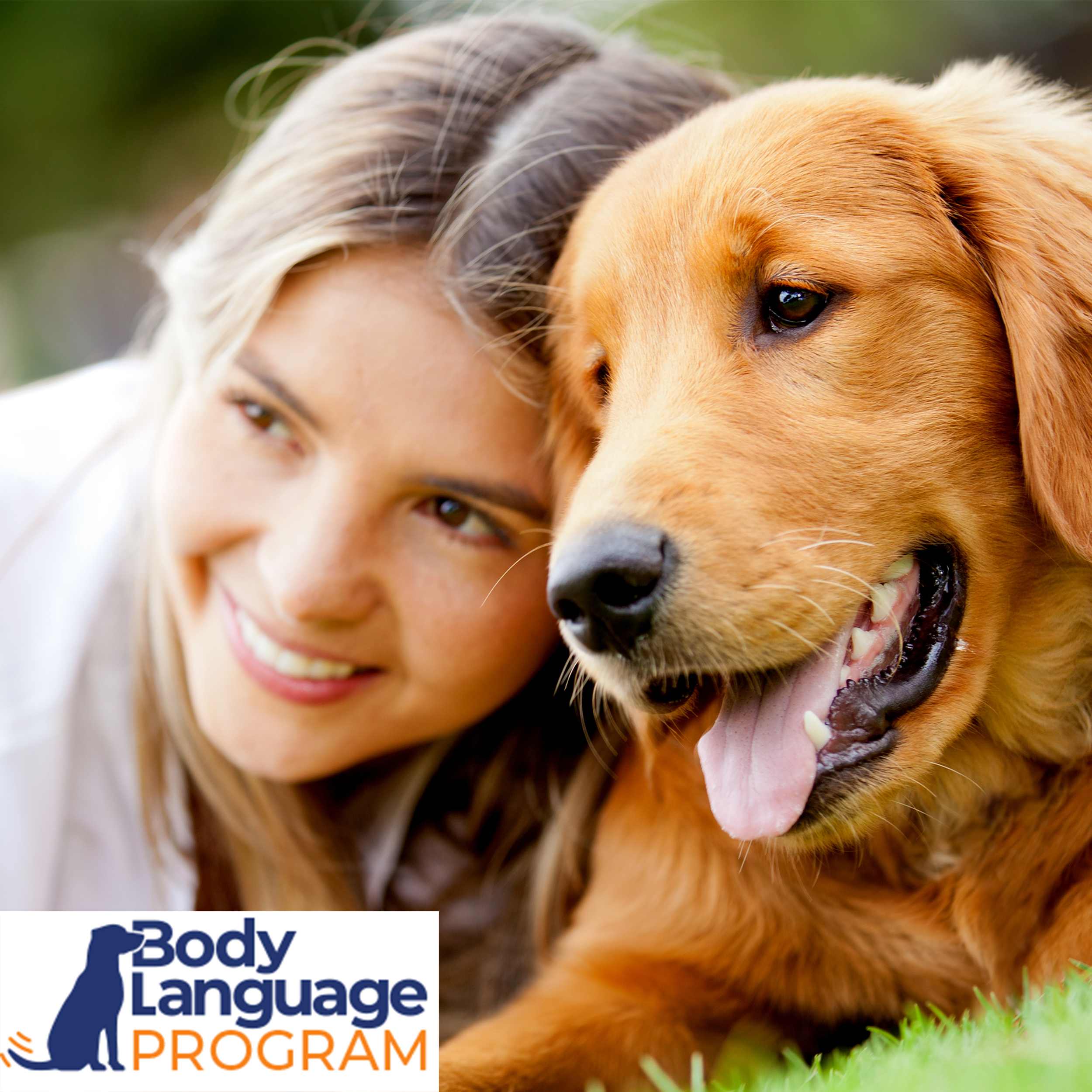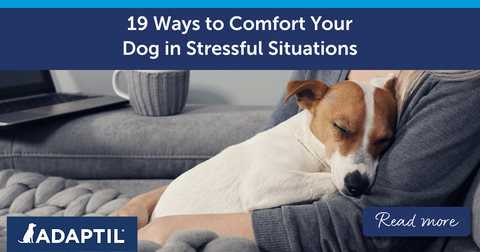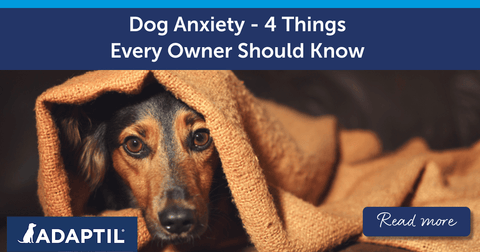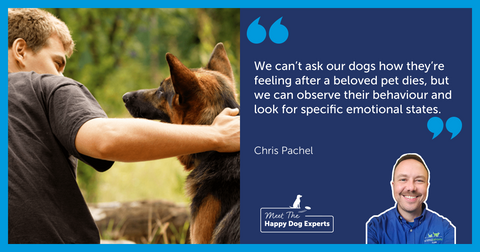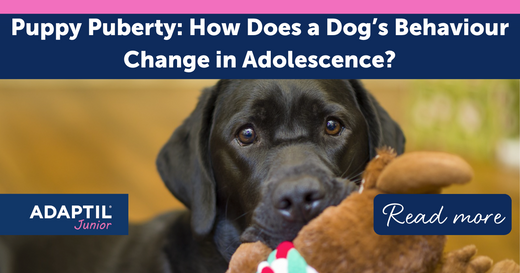
Puppy Puberty: How Does a Dog's Behaviour Change in Adolescence?
When Can I Expect My Pup To Become a Teen?
Are you wondering when your puppy will stop being that adorable little ball of fluff and change into an adolescent pooch? Dog puberty usually happens between the ages of 6-18 months old - yes, your puppy will soon be a stroppy teenager!
Just like humans, dogs will go through adolescence in that period of time of sexual maturity, when they get confused about whether they are a child/puppy or adult/dog and this can bring some challenges, but don't worry, it will pass.
How Does a Dog's Behaviour Change in Adolescence?
According to a recent study published in the National Library of Medicine, dogs act in a similar way to humans during adolescence.
Even if you have spent a lot of time training your puppy, taking them to socialisation classes, teaching them toilet training - you may find that your puppy seems to have forgotten what they have learned and are now ignoring your cues. You might even find that your relationship with them has changed and that they are now becoming more independent, whereas they would previously have followed you around everywhere. Conversely, if they were a dependent or nervous puppy, you may find that they are becoming even more timid.
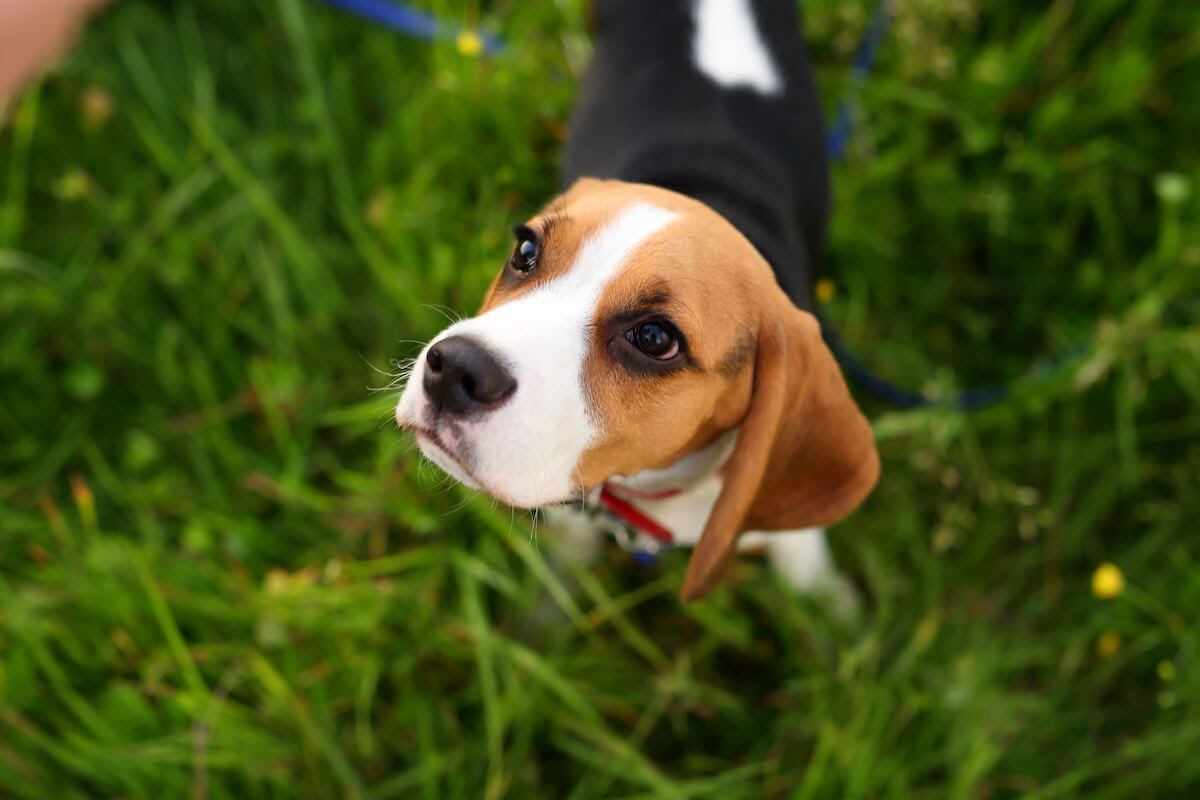
Your puppy's hormones are now beginning to kick in, their senses are heightened and their brain is working overtime trying to keep up with their hormonal changes.
In addition, they may notice that other dogs that have been patient and friendly in the past, are now treating them differently and, in the case of male dogs, their meetings may be more competitive and react differently to other dogsas testosterone levels increase.
A female dog will come into season between 6-15 months; you may find that other dogs are showing more interest in her and she may be less tolerant during this time.
Coping with these changes is just as confusing for a dog, as it is for a human and it takes a lot of patience and support to see them through this phase but if changes seem to be getting more challenging, it's best to get your pooch checked out by a vet to rule out any underlying medical issues that you may not have spotted.
If you have decided that you do not want your puppy to breed, speak to your vet to discuss neutering and identify when this would be best for your puppy. Neutering removes the risk of unwanted pregnancies and has other health benefits too.
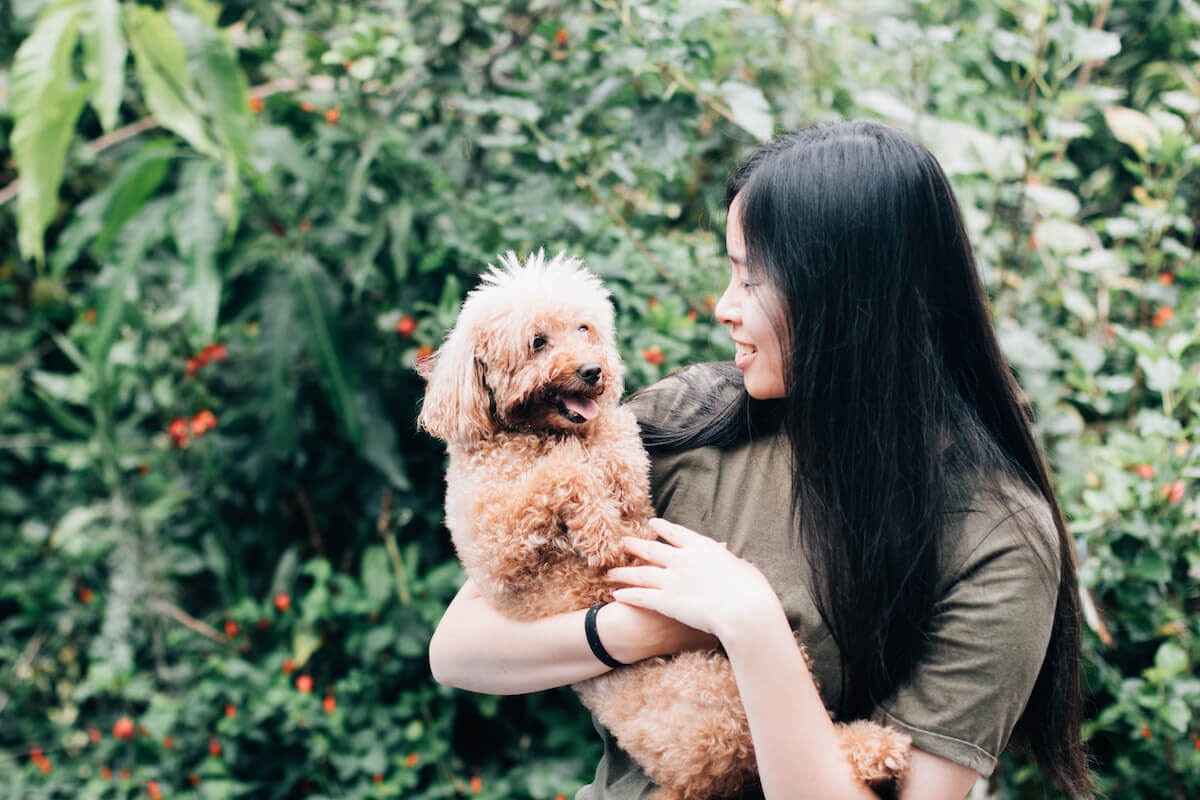
How to Support Your Teenage Pup!
It's important to remember that this is a phase and that it won't last forever! Unfortunately, some owners find it too difficult to cope with and decide to rehome their dog as it is too much of a challenge. Here are some tips that will help you through your dog's stroppy teenage phase and grow into yourbest friend:
- Be consistent:You've spent a lot of time training your puppy in their formative months. Continue doing the same things and don't be tempted to try different ways to make them behave; this will only add to their confusion.
- Think differently:Be consistent, but you may have to try another way for their safety! For example, if your dog seems to have forgotten your 'recall' cue when you are out walking, and there's a chance they might run off, use an extending lead to help you keep control until you feel confident in their recall to revert back to walking safely without a lead.
- Reward them:Even if it takes a little longer for them to react to a cue, remember to reward them positively, tell them how good they have been, and give them a treat and some encouragement.
- Stay calm:Although you may feel frustrated that they seem to have forgotten everything you have taught them, continue to be patient and supportive and it will pay off.
- Don't punish your pooch:Never shout or punish your dog as this will frighten them and make them less likely to do as youask.
- Tire them out:You may have discovered that your dog has even more energy as a teenage pup! Take them for long walks, throw a frisbee, play catch; taking them for walks with other dogs will also help as they will get rid of a lot of their energy chasing each other!
- Help them feel secure:Using an ADAPTILCalm Diffuserin your home can help your dog through their puppy and junior phases of development; ADAPTIL's "comforting messages are scientifically called Dog Appeasing Pheromones and are clinically proven to help dogs feel comfortable and secure.
- Help your dog to relax: Take a look at our Calming Music for Dogs Playlist on YouTube for 15 hours of relaxing sounds.
It's important to work to maintain that special bondthat you have developed with your dog; remember that if you help them feel confident as they adjust to adulthood they will grow into a happy adult dog and a lifelong companion.


